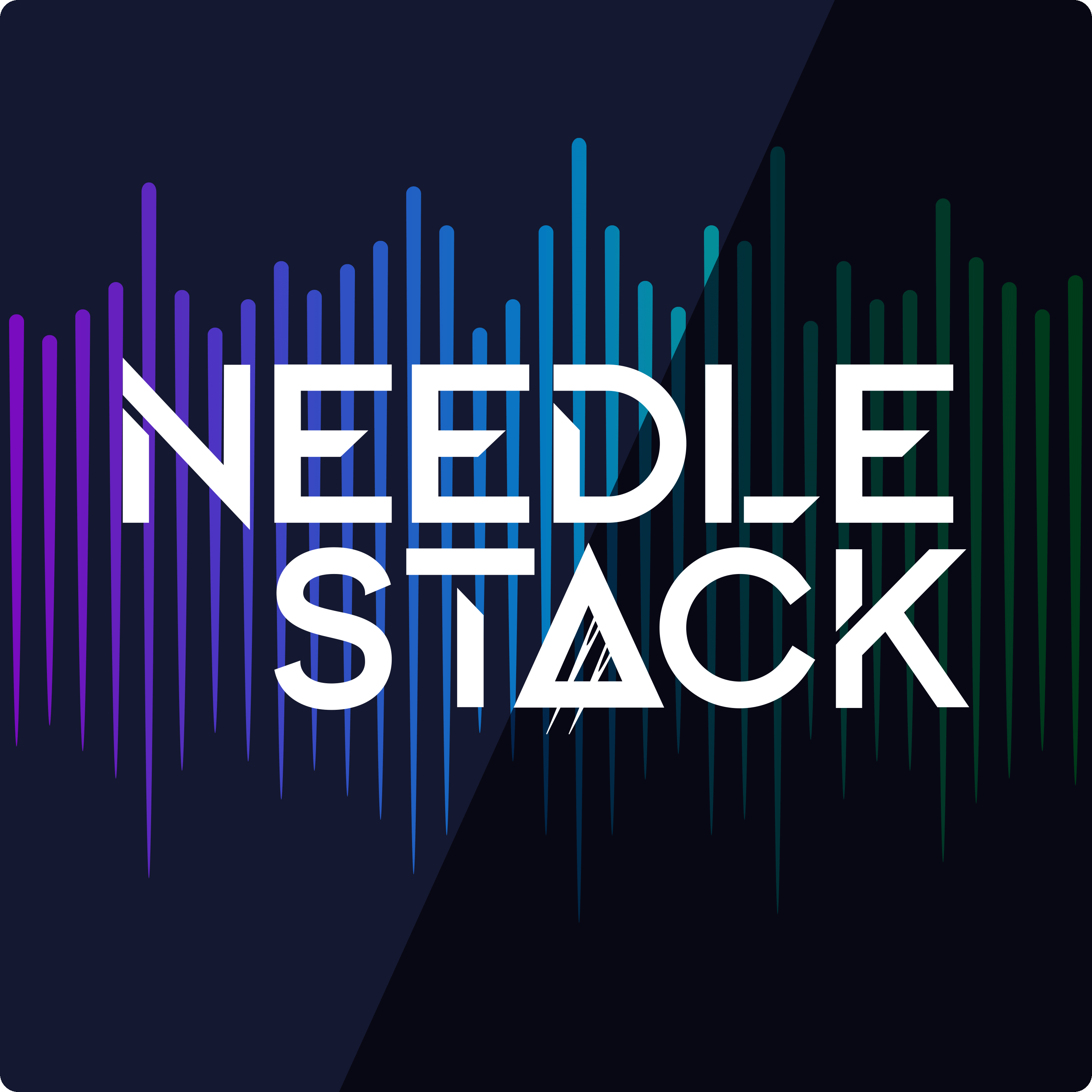

NeedleStack
Authentic8
NeedleStack co-hosts interview professional open-source researchers who discuss tips, tricks and insights into the practice of digital investigative research. Whether you’re an open-source expert or aficionado, tune in to learn how to hone your skills, improve your craft and protect yourself as you search the surface, deep and dark web.
From Authentic8, creators of Silo for Research. Visit authentic8.com/needlestack to learn more!
From Authentic8, creators of Silo for Research. Visit authentic8.com/needlestack to learn more!
Episodes
Mentioned books

Apr 11, 2023 • 34min
Hard-to-hear OSINT truths
Abbi Dobbertin of Fivecast and Adam Huenke join the podcast to talk hot takes. As tradecraft and training leads, respectively, and years of OSINT practitioner experience between them, they’ve come to form opinions on some of OSINT’s more heated topics.

Apr 4, 2023 • 33min
The youths and their TikTok: a SOCMINT symposium recap
Producers Shannon and Aubrey attend the 2023 Symposium on Open Source, Social Media and National Security. They discuss highlights, panel topics and advice for people hoping to break into a career in OSINT, INFOSEC and NATSEC.

Mar 28, 2023 • 21min
What if we taught OSINT to high schoolers?
This week, a high school criminology teacher joins the podcast to discuss how teaching open-source research helped engage his students during distant learning. In the classroom, OSINT can show students the power of open-source information and serves as a cautionary tale for sharing personally identifiable information online.

Mar 7, 2023 • 36min
Think like an investigator
Our guest is a former FBI investigator and current university professor who has tips for practitioners in every industry. From the protocol before you log on to conduct OSINT research to the resources and reporting, here are the tips for approaching your OSINT like law enforcement.

Feb 28, 2023 • 22min
Take-home tips for OSINT Curious researchers
A founding member of the OSINT Curious Project joins us to give practical tips and advice for researchers. We discuss tools, tradecraft and trends with Micah Hoffman.

Feb 21, 2023 • 33min
Networking your way to better OSINT
The president of the OSMOSIS Association and host of OSINT Cocktail, Cynthia Navarro, joins the podcast to discuss how creating a community of open-source researchers had allowed her to learn from others and hone her skills.

Feb 14, 2023 • 12min
How OSINT is changing in federal government
The times they are a’changing. Open-source intelligence was once the lesser celebrated branch and now makes up the bulk of analytical reporting. Our guest tells how the federal government is changing its views on OSINT.

Feb 7, 2023 • 32min
OSINT’s journey from academia to decision-makers
The director of the soon-to-open Open-Source Intelligence Laboratory of University of Albany joins the podcast to discuss the definition of OSINT and how his students will research its effect on society.

Jan 31, 2023 • 12min
Is your digital fingerprint following you into 2023?
It’s a new year and as researchers work to hit their goals, we want to revisit some of our most important advice for securely investigating online. It’s time to take stock of your security hygiene and revisit how your digital fingerprint may be getting in the way of finding the data you need.

Jan 24, 2023 • 41min
The Best of Season 1
Watch when Jack Rhysider of Darknet Diaries shares his amazement at what hackers will do “for a free burrito,” or the moment Rob Fuller, a read team and CTI director, condemns security awareness training. From journalists to OSINT investigators to dark web experts, here are some of the best moments we shared with guests last season.


